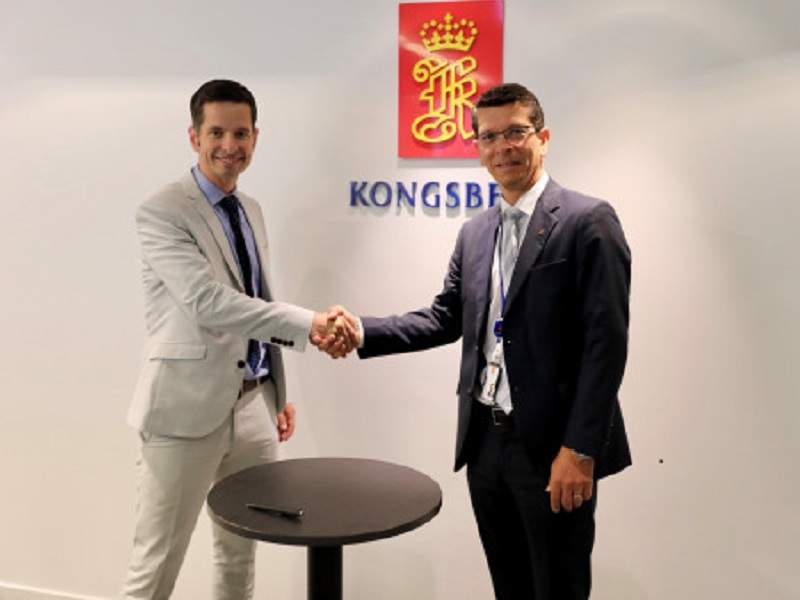
Rolls-Royce is to offload its unprofitable ship-designing arm, Commercial Marine, to Norway-based technology group Kongsberg Gruppen in a deal valued at £500m.
The UK company has been planning to sell the unit since January. The transaction will see Roll-Royce cede the marine products, systems and aftermarket services businesses carried out by subsidiaries, though will not include Bergen Engines or Rolls-Royce’s Naval Business.
Rolls-Royce Commercial Marine president Mikael Makinen said: “This deal is good news for Rolls-Royce and Kongsberg and comes at a time when the maritime industry is at the dawn of a new and exciting era where digital and electrical technologies will transform shipping.
“Rolls-Royce has been responsible for leading many of those technological advancements, and with combination of great people, market-leading technology and a desire by Kongsberg to take this business to the next level, I’m sure that this business will prosper in the years to come.”
The company said its marine branch had recently been experiencing reductions in activity levels due to challenging market conditions within offshore-related business. Kongsberg said the acquisition will strengthen Norwegian ownership in the region‘s maritime cluster and will give the company a stronger Nordic and international position.
Kongsberg chair of the board Eivind Reiten said: “The maritime industry has over the last years experienced demanding market conditions and even though there is still uncertainty we expect the market to be facing growth with technology and innovation being key drivers. For more than 200 years Kongsberg has been a pioneer for high technology industrial development with a long-term perspective. The acquisition of Rolls-Royce Commercial Marine is in line with our growth ambitions.”
How well do you really know your competitors?
Access the most comprehensive Company Profiles on the market, powered by GlobalData. Save hours of research. Gain competitive edge.

Thank you!
Your download email will arrive shortly
Not ready to buy yet? Download a free sample
We are confident about the unique quality of our Company Profiles. However, we want you to make the most beneficial decision for your business, so we offer a free sample that you can download by submitting the below form
By GlobalDataRolls-Royce said the acquisition will be financed through combination of new equity and a new bond loan, and that the price will be paid in cash. The Norwegian Government has also announced it will participate as an owner with a 50% share. The remaining half of the share will belong to a syndicate consisting of DNB Markets, part of DNB Bank ASA and Danske Bank A/S, Norwegian Branch and certain larger pre-committing shareholders.
“The acquisition of Rolls-Royce Commercial Marine makes us a more complete supplier to the maritime industry. The maritime industry is becoming increasingly globalised and is undergoing considerable technological and market-driven changes. With this acquisition we will strengthen our strategic position with shipowners, shipyards and other customers and partners,” said Kongsberg CEO and president Geir Håøy.
Subject to regulatory clearance, the acquisition is scheduled to take place by the first quarter of 2019. The sale will include propulsion equipment, deck machinery and automation and control systems, as well as a ship-design arm that has previously engineered more than 1,000 vessels for offshore, cargo, passenger and fishing-vessel customers. Part of the deal includes a business that develops remote and autonomous control of commercial ships.
Rolls-Royce is expecting net proceeds of £400m from the deal, which will increase the workforce by about 50%.







